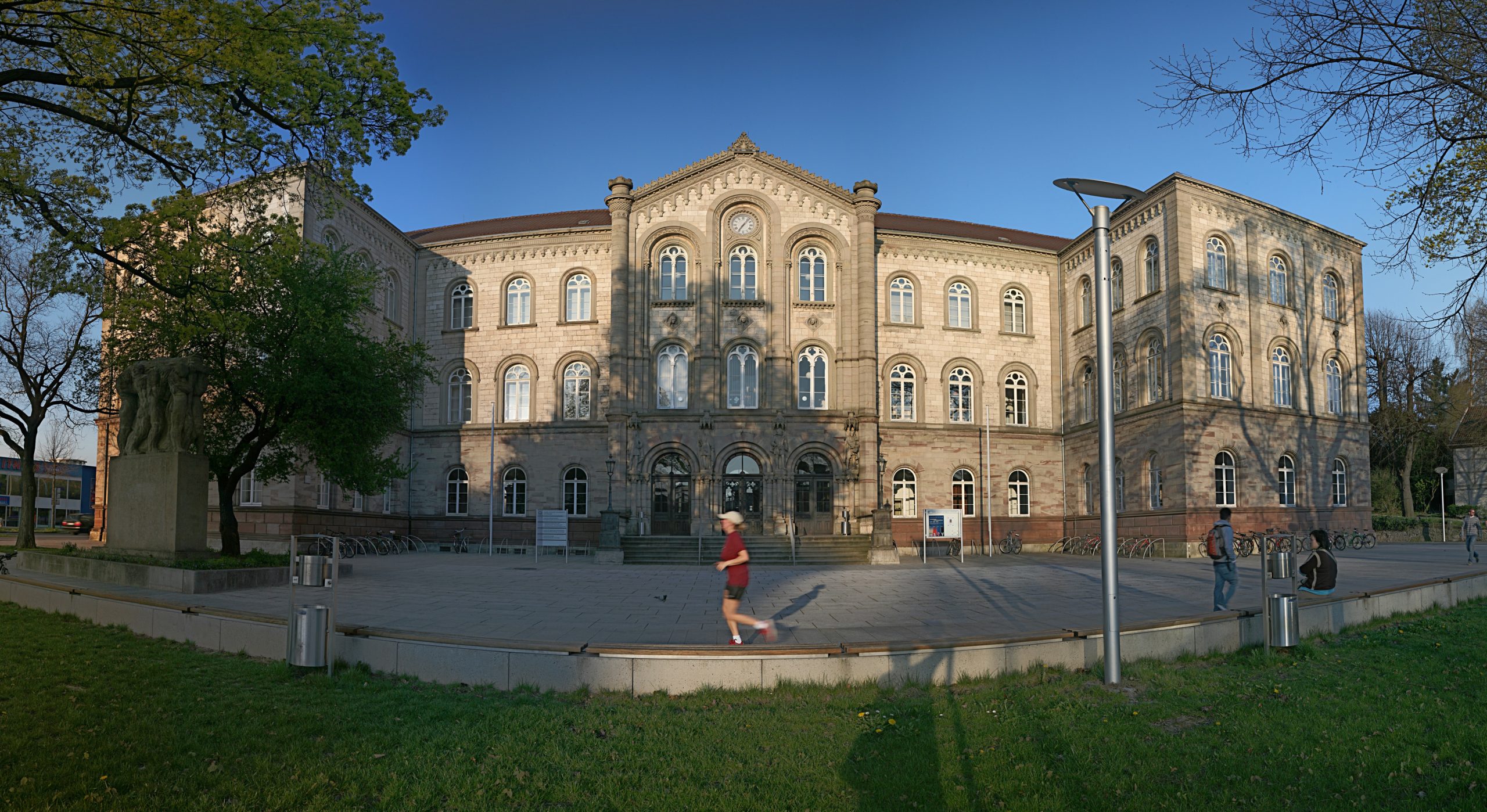Digitalization in Healthcare: Transforming Systems for Enhanced Efficiency and Patient Care
Digitalisation offers enormous opportunities within the healthcare sector: The evaluation of radiological image files using artificial intelligence can reduce the workload of radiologists, while the electronic maternity pass can improve the care of mothers-to-be. However, in practice, digital instruments often do not meet the expectations of medical staff, who also need to acquire digital skills to handle the instruments properly. A new project at the University of Göttingen is addressing this gap between digital solutions and the needs of healthcare professionals: In collaboration with project partners, researchers want to develop measures to facilitate the implementation of digital solutions in the healthcare sector and overcome current obstacles. The Federal Joint Committee (G-BA) is funding the project “HowToDIGITAL – Digital competences and development of digital tools for inpatient and outpatient care” for three years with a total of around 800,000 euros.
“We want to identify processes and conditions under which useful digital technologies can be developed that are then actually used by employees in medical practices and hospitals,” explains project manager Professor Manuel Trenz from the Faculty of Business Administration and Economics. The research project focuses in particular on specialists in radiology and gynaecology. As a first step, the researchers are investigating the existing digital systems and digital skills of employees. In addition, they are looking into how digital technologies are currently being developed for medical care.
These findings are then used to help reduce possible resistance to the use of new technologies, strengthen the involvement of healthcare staff in the development of digital innovations and promote digital skills. Trenz emphasises the importance of the project for practice: “We want to develop approaches for digital systems that make the day-to-day work of medical professionals easier and thus make a long-lasting con-tribution to improving care for patients in the healthcare system with the help of digital solutions.”
In addition to the University of Göttingen, project partners are the University of Paderborn, the University Hospital of Cologne, the German Radiological Society, the gematik GmbH, the Hamburg Association of Statutory Health Insurance Physicians, the AOK Saxony-Anhalt and the Techniker Krankenkasse. The Federal Joint Committee (G-BA) is the highest self-governing body in the German healthcare system. It determines the details for the organisation of medical care and plays a central role in the design and further development of the healthcare system in Germany.

